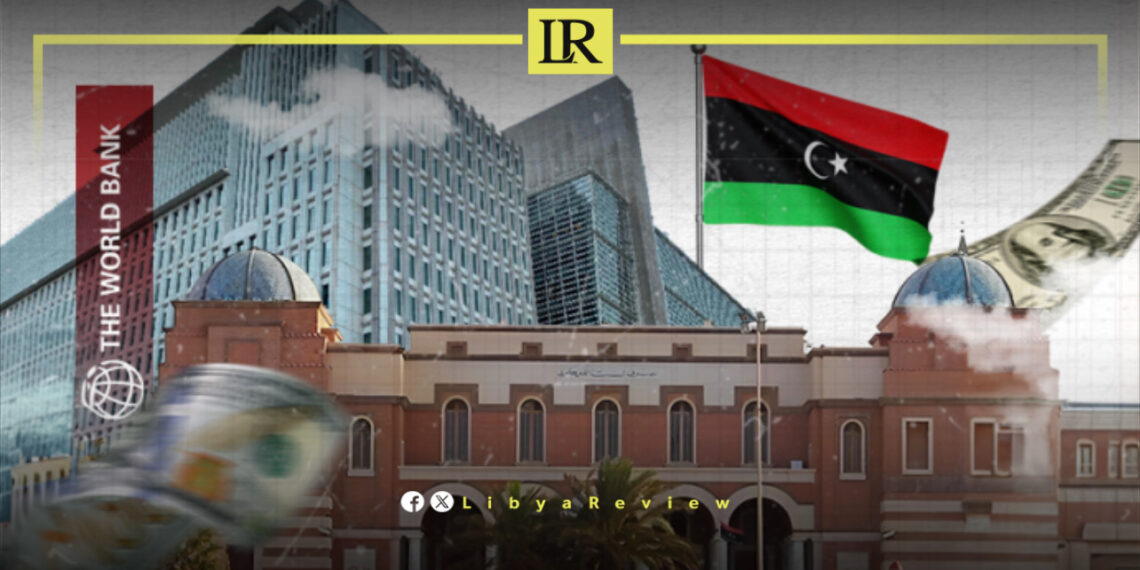Libya has officially joined the ranks of Africa’s highest-income countries in 2025, according to new data from the World Bank. The country is one of ten African nations now classified as “high-income” under the World Bank’s updated global economic rankings.
The classification uses the World Bank’s Atlas Method, which calculates gross national income (GNI) per capita while adjusting for inflation, exchange rate volatility, and currency strength. This methodology is a key reference point for global development policy and eligibility for international financial support.
Alongside Libya, the countries that achieved high-income status this year include Algeria, South Africa, Seychelles, Botswana, Cape Verde, Equatorial Guinea, Gabon, Namibia, and Mauritius.
Libya’s return to the top economic tier marks a notable comeback after years of war, instability, and institutional breakdown. According to analysts, the country’s improved status reflects a combination of strong oil revenues, better fiscal management, a partial return of political stability in major cities, and increased infrastructure investment.
Higher global oil prices and improved production levels in recent years have significantly boosted Libya’s income per capita, pushing it past the World Bank’s high-income threshold. The change signals increased international confidence in Libya’s economic outlook.
While major challenges remain, especially regarding governance, institutional unity, and economic diversification, Libya’s new classification is seen as a sign of opportunity. Experts say the designation could attract more investment, improve access to international markets, and support development partnerships.


